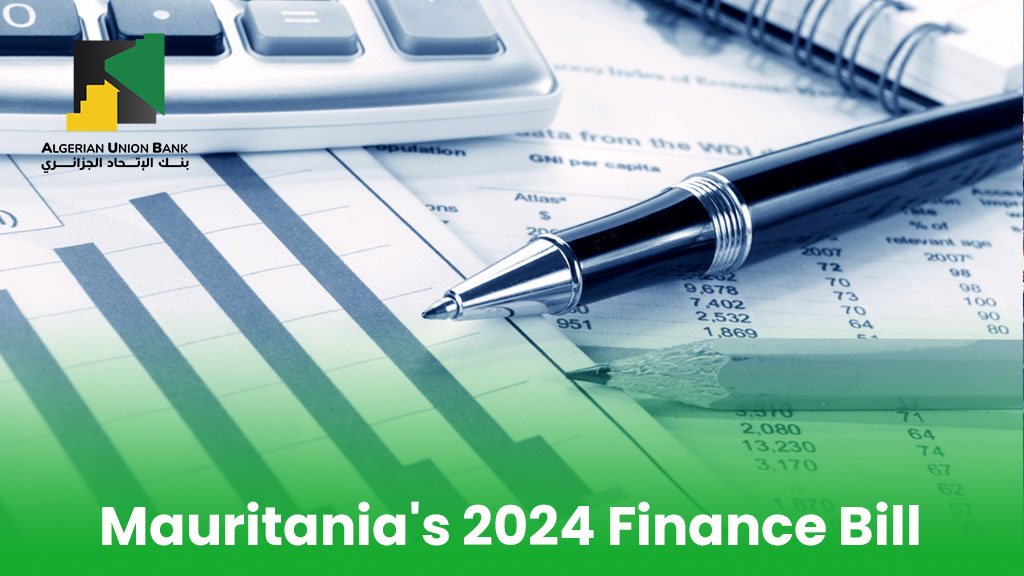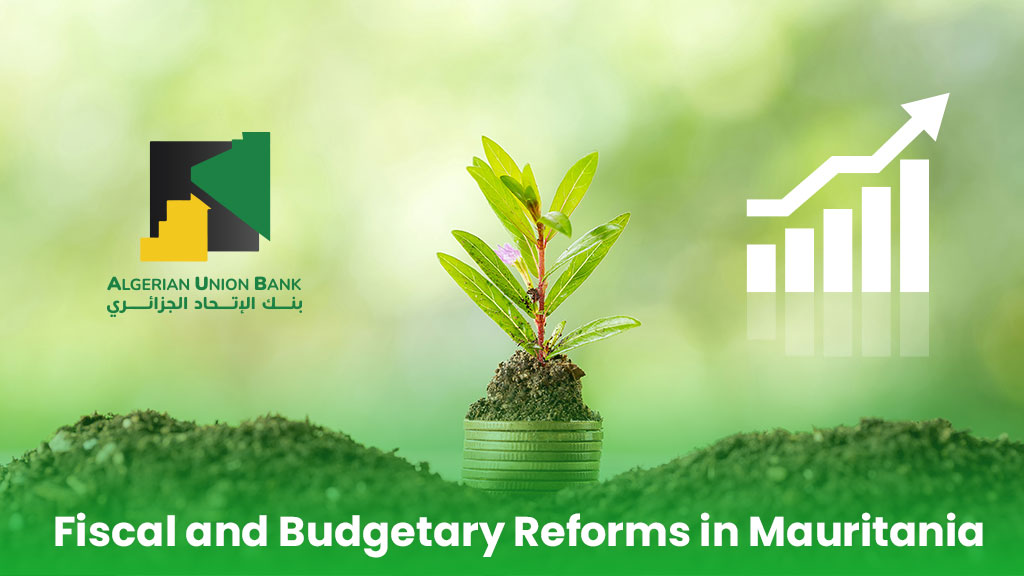Mauritania's 2024 Finance Bill: Paving the Way for Robust Economic Growth and Prudent Fiscal Management

National Economic Context
In 2024, Mauritania stands at a significant economic turning point. The finance bill for the year is based on an optimistic growth forecast of 5.6%, marking an acceleration from 4.2% in 2023. This growth stems from a deliberate economic strategy to strengthen national performance across various sectors.
Deficit Reduction
Special attention is given to the non-extractive primary fiscal deficit, projected at 5.3% of non-extractive GDP. This shows improvement from 6.1% in 2023. The strategic goal is to reduce the deficit to sustainable levels, aligning with objectives to keep public debt below the high-risk threshold. These efforts are supported by tax and fiscal management reforms.
Key Sector Dynamics
The fisheries sector, despite a production decline in 2023, is expected to recover. Agriculture is projected for significant growth (17.3% in 2023) due to new government policies. Livestock also shows robust signs with expected growth of 5.5% (2023) and 5.3% (2024).
Secondary Sector Expansion
The industrial sector, crucial for economic diversification, shows stable growth: 12% (2022), 6.1% (2023), and projected 6.4% (2024), driven by industrial production (mining - gold/gas - and construction investments).
Tertiary Sector Outlook
Services, the economic growth pillar, should grow by 6.2% (2023) with brighter 2024 prospects, particularly in financial services.
Inflation Control
Continuous price level slowdown is observed since early 2023, with average annual inflation at 8.2% (August) versus 9.9% (January), reflecting stabilized prices of key products like cereals and energy.
Conclusion
Mauritania's 2024 finance bill strategically balances robust growth, prudent fiscal management, and essential reforms. By focusing on deficit reduction, economic diversification and inflation control, Mauritania positions itself for stable, inclusive growth.






